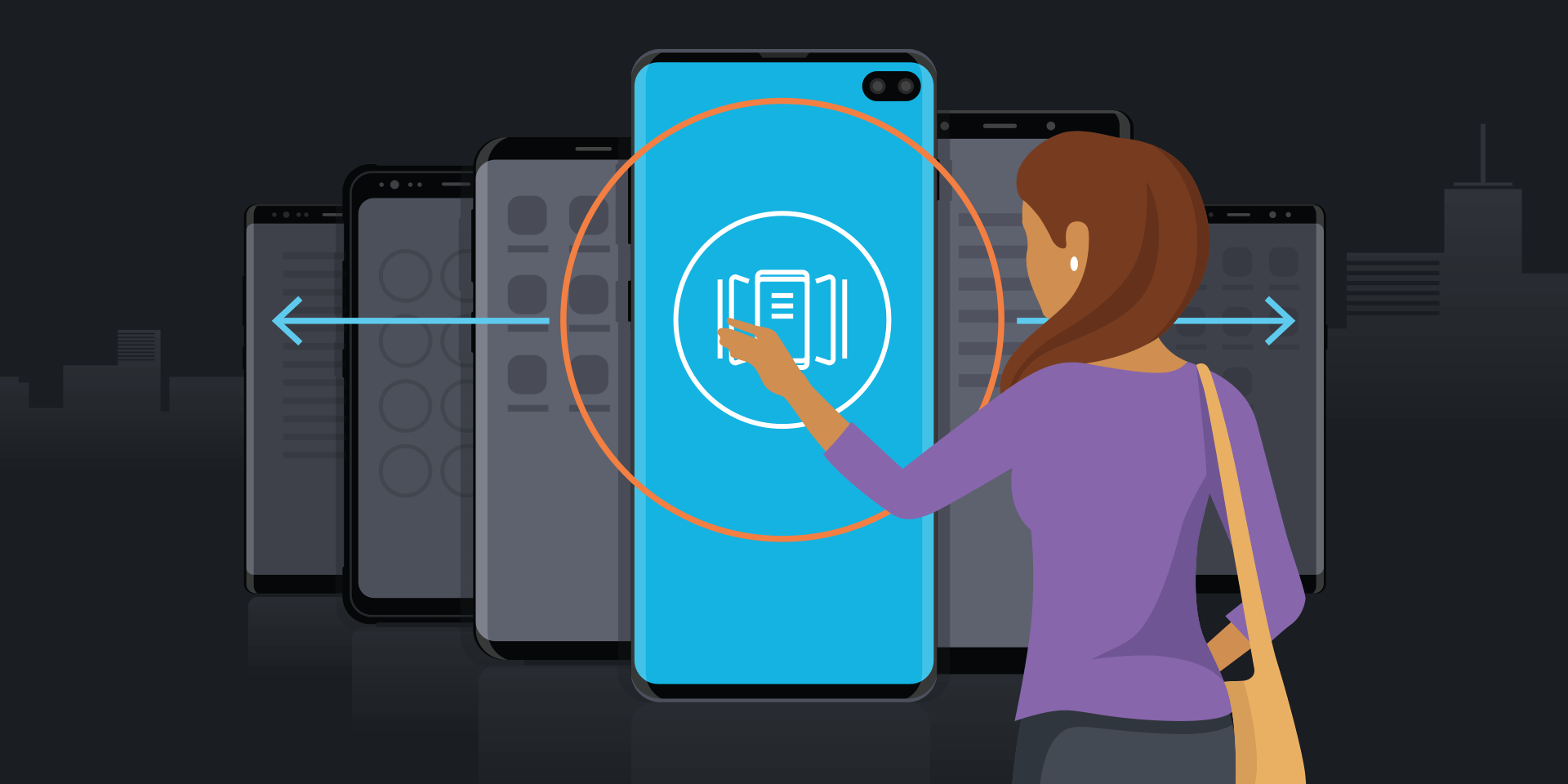This year’s Samsung Developer Conference largely focused on open ecosystems. I asked technology experts in attendance about the benefits of such environments — and how developers and businesses can use them to their advantage.
Swalé Nunez, solutions innovation specialist at Samsung Electronics America, says that having open ecosystems “encourages integration and pushes for innovation,” driving business technology forward.
This technology helps solve real world problems, says Nunez, and the best way to solve problems is to “leverage all the tools available to you.” Communities are thereby empowered to build products, solutions and services that can touch as many industries as possible.
And open ecosystems are versatile. “Regardless of where the market turns, their products can plug into wherever it’s going,” says technology analyst Patrick Moorhead. Open ecosystems create flexibility, as they can evolve alongside the developer.
What's the Best Phone for Your Business?
Take this quick assessment to discover the smartphone most tailored to your business needs. Download Now
Technology analyst Carolina Milanesi points out that this openness allows developers to reach the biggest addressable market, which is important for people who care about scalability. “Being open and being able to reach your customers where they are is absolutely paramount,” Milanesi says.
She adds, “Samsung is really good at making sure that — not just within their devices but across devices within the operating system they operate on — the experience is built in such a way that both the developer and the user of a technology have the best benefit.”
Open ecosystems create endless opportunities, says Greg Albrecht, founder and CEO of Orion Labs: “Anything I can think of I can develop by just going on and looking at the capabilities that are available on Samsung’s website.”
For Samsung, open ecosystems allow them to do more for their partners. “By having open ecosystems for our developers and partner companies, we can increase the amount of support we give them and also enable more innovation with the partners and what they can build with the tools we give them,” says Morgan Parker, product strategy manager for Samsung Research in Canada.
Finally, open ecosystems are conducive to sharing. Mike Feibus, analyst and founder of FeibusTech, says he’s excited to see companies like Samsung go open because “it means everybody can share in what everybody else is doing.” He adds, “You might run into a problem that someone else has solved. No need to reinvent the wheel again.”
Collaboration is key in business, and that’s exactly what open ecosystems support. They drive technology, create versatility, open opportunities, increase support, enable innovation, enhance sharing and reach wider markets. These ecosystems open up a world of possibilities for developers and businesses alike.
Learn how Samsung’s Knox Partner Program can help your business grow with tailored apps in this video. Then explore how mobile workspace solutions can improve your teams’ productivity and collaboration, while reducing your overhead costs.








